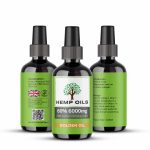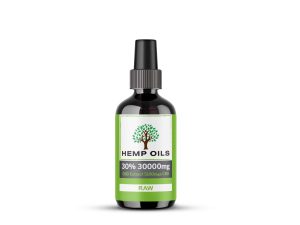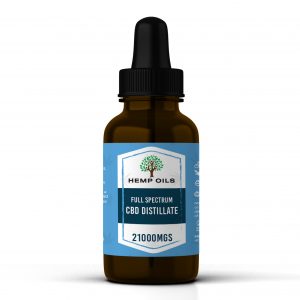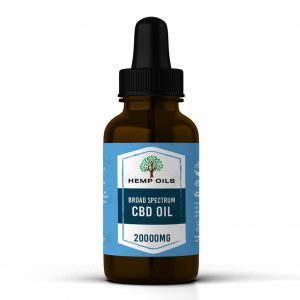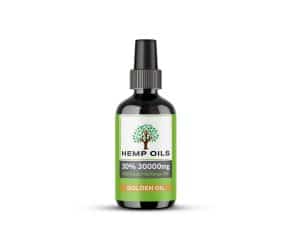Hemp oil has gained immense popularity in recent years due to its numerous health benefits and versatility in various industries. Derived from the seeds of the hemp plant, this oil has a wide range of uses, from skincare to cooking. However, there are still many misconceptions surrounding hemp oil. In this comprehensive guide, we will delve into the origins, composition, benefits, and uses of hemp oil, while also debunking some common myths.
Understanding Hemp Oil: A Comprehensive Guide
Hemp oil, also known as hempseed oil, is obtained by cold-pressing the seeds of the hemp plant (Cannabis sativa). Unlike CBD oil, which is extracted from the flowers, leaves, and stalks of the hemp plant, hemp oil is derived solely from the seeds. It is important to note that hemp oil does not contain any significant levels of THC, the psychoactive compound found in marijuana.
Exploring the Origins and Composition of Hemp Oil
Hemp has a rich history dating back thousands of years, with records of its use in various cultures for its fiber, seeds, and oil. The seeds of the hemp plant are packed with essential fatty acids, including omega-3 and omega-6, which are vital for maintaining good health. Additionally, hemp oil contains antioxidants, vitamins, and minerals such as vitamin E, potassium, and magnesium, making it a nutrient-dense oil.
The Benefits and Uses of Hemp Oil in Various Industries
Hemp oil offers a wide range of benefits and finds utility in various industries. In the skincare industry, it is renowned for its moisturizing and anti-inflammatory properties, making it an ideal ingredient in lotions, balms, and serums. Its fatty acid profile also makes hemp oil a popular dietary supplement, promoting heart health, supporting brain function, and reducing inflammation in the body.
Furthermore, hemp oil is widely used in the culinary world. With its nutty flavor and high smoke point, it is suitable for both cooking and drizzling over dishes such as salads or pasta. It can also be used as a replacement for other oils in baking, adding a unique taste to recipes.
Clearing Misconceptions: Debunking Hemp Oil Myths
One common misconception about hemp oil is that it possesses psychoactive properties due to its association with the cannabis plant. However, as mentioned earlier, hemp oil does not contain THC, the compound responsible for the "high" associated with marijuana. Therefore, using hemp oil will not cause any psychoactive effects.
Another myth is that hemp oil and CBD oil are the same. While both are derived from the hemp plant, they come from different parts and have distinct compositions. Hemp oil is derived from the seeds, while CBD oil is extracted from the flowers, leaves, and stalks. CBD oil contains higher levels of CBD, a non-psychoactive compound known for its potential health benefits.
Hemp oil is a versatile and beneficial oil with a wide array of applications. From skincare to cooking, its nutrient-rich composition makes it a popular choice for health-conscious individuals. By understanding the origins, composition, benefits, and debunking common myths, we can fully appreciate the value of hemp oil in our daily lives. Whether used topically or consumed, hemp oil offers a natural and holistic approach to enhance overall well-being.
